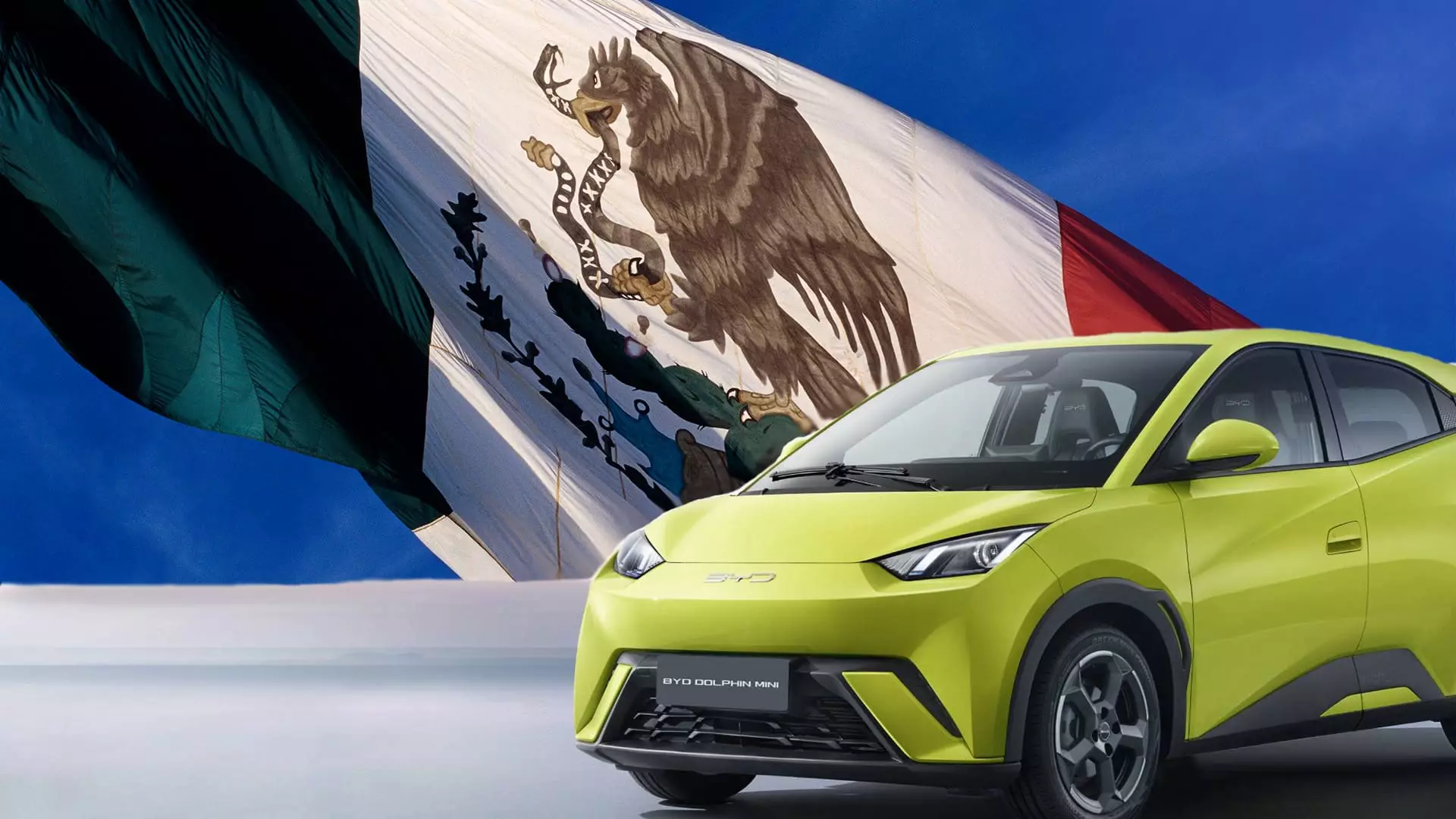Chinese electric vehicle makers have been blocked from the U.S. market due to tariffs, prompting them to turn their focus to Mexico. As the leading car supplier to Mexico, Chinese EVs have gained popularity among customers, with affordable price tags winning over even those hesitant about electric vehicles. Companies like BYD have penetrated the Mexican market aggressively, offering good promotions and high-quality products at reasonable prices.
Some Chinese EV makers have expressed interest in establishing manufacturing plants in Mexico, creating the potential for economic growth and job creation in the region. BYD, for example, has projected that a plant in Mexico could generate around 10,000 jobs. However, U.S. officials are concerned that Chinese companies might be using Mexico as a backdoor entry into the American market to bypass trade restrictions.
The United States-Mexico-Canada Agreement (USMCA) allows for duty-free exports of goods between the North American countries if certain conditions are met, including sourcing building materials locally. This provision has raised alarms among U.S. lawmakers and auto companies, who fear that Chinese EV manufacturers setting up in Mexico could undercut American automakers by offering lower costs.
Protecting the Domestic Industry
In response to the threat posed by Chinese EVs, President Joe Biden announced a 100% tariff on these vehicles. The U.S. considers its EV industry to be in its infancy and in need of protection to ensure its growth and competitiveness in the global market. While pressure from the U.S. is a cause for concern, Mexico finds itself in a challenging position of balancing its relationship with America while also attracting Chinese investment.
The rise of Chinese electric vehicle makers in Mexico highlights the complexities of global trade dynamics and the challenges faced by different countries in navigating the shifting landscape of the automotive industry. As Chinese companies seek to expand their market reach beyond their borders, the repercussions are felt by other major players in the industry, prompting a reevaluation of trade policies and investment strategies. The situation underscores the importance of strategic decision-making and collaboration among nations to foster a competitive and sustainable automotive market.


Leave a Reply